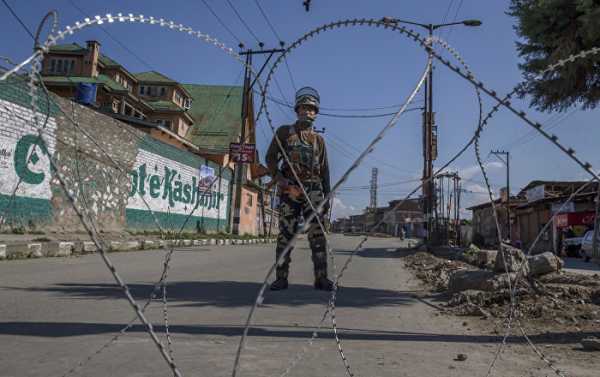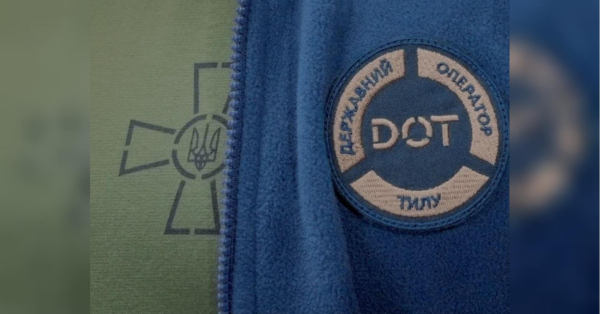
The demand for the ceasefire was made by the political parties. But the army’s chief expressed skepticism last week, questioning who would guarantee the safety of security personnel. Security forces have been in the eye of the storm following the killing of militants, which the locals see as a violation of rights.
New Delhi (Sputnik) — The Narendra Modi-led Indian government has announced a unilateral ceasefire against militants in Kashmir for the month of Ramzan, a holy month for Muslims.
“The Centre asks Security Forces not to launch operations in Jammu and Kashmir during the holy month of Ramzan. The decision has been taken to help the peace-loving Muslims observe Ramzan [Ramadan] in a peaceful environment,” India’s Ministry of Home Affairs said in a statement.
The security forces, however, reserve the right to retaliate if attacked or to protect the lives of innocent people, the ministry said.
Rajnath Singh, India’s minister of home affairs, has informed Jammu and Kashmir Chief Minister Mehbooba Mufti of the union government’s decision. However, the ministry has stressed the need for weeding out extremist elements from the state.
“It is important to isolate the forces that bring a bad name to Islam by resorting to mindless violence and terror,” the ministry said.
The announcement was made following a demand from political representatives of Jammu and Kashmir to suspend the military operation in the valley starting from Ramzan in mid-May till the completion of the Amarnath yatra (i.e., Hindu pilgrimage) in August. The demand was put forth after all the political parties of Jammu and Kashmir met on May 7. The meeting was called to discuss the prevailing situation in the Kashmir Valley after a tourist from Chennai died amidst stone pelting on security forces by locals.
The Indian Army chief had last week said that he was “ready to suspend” military operations to avoid civilian casualties provided the state guaranteed that security personnel would not be harmed during the period.
“But who will guarantee that there won’t be fire at our men, at our vehicles? Who will guarantee that policemen, political workers, our men returning home on leave aren’t attacked, aren’t killed? Our men who were unarmed, who had returned home on leave were killed … [consider the case of] Lt Umar Fayaz. We killed his killers, but we had to sacrifice four of our men to do so. Policemen are regularly attacked. Political workers are killed. Once a stone is thrown at us … once they fire at us … then there is no way we will not respond and respond sternly. Those who want to fight us, we will fight them,” General Rawat told the Indian Express in an interview on May 9.
Kashmir has been witnessing massive protests since July 2016 following the killing of a local militant, Burhan Wani, by security forces. Intelligence inputs suggest that there is rapid radicalization of the local youth ongoing in the four districts of Jammu and Kashmir following the death of Burhan Wani. More such protests are being anticipated given the unrest among the public following the killing of 13 local terrorists by security forces on April 1 this year. In the last fortnight, at least four terrorist-related incidents have been recorded on a daily basis, mostly in south Kashmir, in comparison to one per day till about a few months back.
Sourse: sputniknews.com






